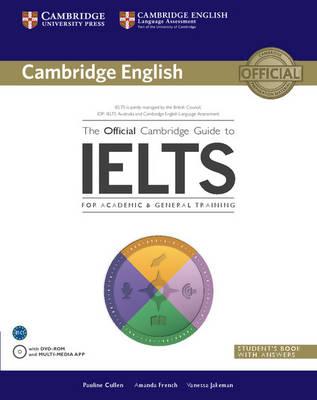Plato's Moral Psychology: Intellectualism, The Divided Soul, And The Desire For Good hardcover english - 7 February 2018
Now:
AED 516.25 Inclusive of VAT
 Free Delivery
Free Delivery Only 1 left in stock
Only 1 left in stock Free Delivery
Free Delivery Only 1 left in stock
Only 1 left in stock
Get it by 11 Dec

Earn AED 25.81 cashback with the Mashreq noon Credit Card. Apply now

Pay 4 interest-free payments of AED 129.06.Learn more

Split in 4 payments of AED 129.06. No interest. No late fees.Learn more




1
Free delivery on Lockers & Pickup Points
Learn more
Enjoy hassle free returns with this offer.

Item as Described
50%
Partner Since
2+ Years
Great Recent Rating
Specifications
| Publisher | Oxford University Press |
| ISBN 13 | 9780198798446 |
| Book Subtitle | Intellectualism, The Divided Soul, And The Desire For Good |
| Book Description | Plato's Moral Psychology is concerned with Plato's account of the soul and its impact on our living well or badly, virtuously or viciously. The core of Plato's moral psychology is his account of human motivation, and Rachana Kamtekar argues that throughout the dialogues Plato maintains that human beings have a natural desire for our own good, and that actions and conditions contrary to this desire are involuntary (from which follows the 'Socratic paradox' that wrongdoing is involuntary). Our natural desire for our own good may be manifested in different ways: by our pursuit of what we calculate is best, but also by our pursuit of pleasant or fine things - pursuits which Plato assigns to distinct parts of the soul. Kamtekar develops a very different interpretation of Plato's moral psychology from the mainstream interpretation, according to which Plato first proposes that human beings only do what we believe to be the best of the things we can do ('Socratic intellectualism') and then in the middle dialogues rejects this in favour of the view that the soul is divided into parts with some good-dependent and some good-independent motivations ('the divided soul'). |
| Editorial Review | Rachana Kamtekar has already won a niche for herself through a series of articles on Plato that are not only ingenious and original (as is now de rigueur, and often enough achieved), but also genuinely perceptive. This, her first book, pursues a seminal idea through a plurality of Platonic dialogues. An introduction helpfully highlights what is central and salient, and outlines what is to come; later resumes keep the reader on track. The result should enhance anyone's appreciation and enjoyment of these familiar yet elusive texts. * A. W. Price, Notre Dame Philosophical Reviews * |
| About the Author | Rachana Kamtekar has published many articles about ancient Greek and Roman moral psychology, and related areas, such as ancient moral and political philosophy and contemporary moral psychology, since her PhD (University of Chicago) in 1995. |
| Language | English |
| Author | Rachana Kamtekar |
| Publication Date | 7 February 2018 |
| Number of Pages | 256 |
Plato's Moral Psychology: Intellectualism, The Divided Soul, And The Desire For Good hardcover english - 7 February 2018
Added to cart
Cart Total AED 516.25


























































































































